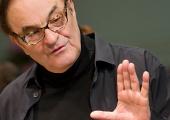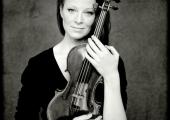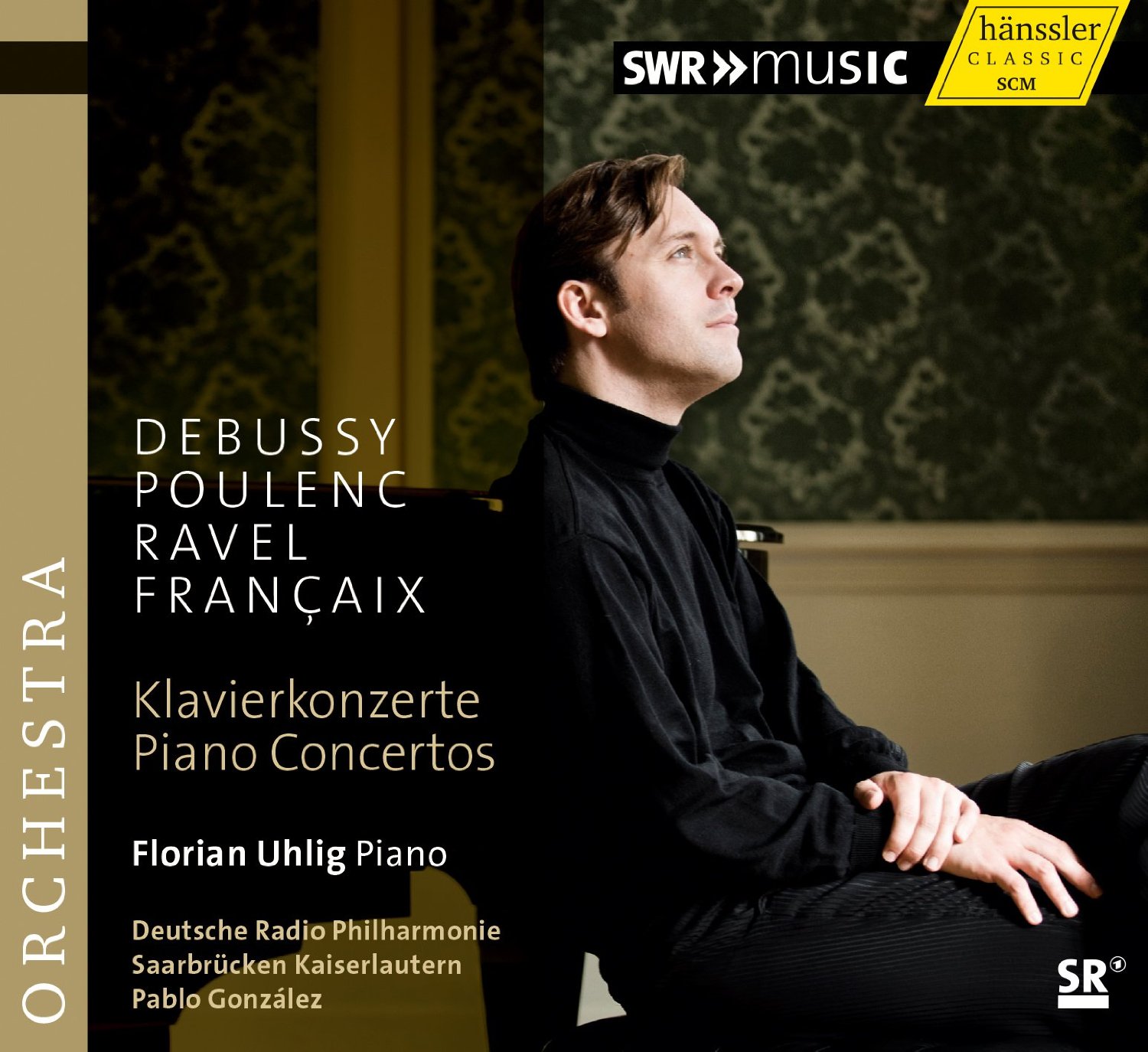Khatia Buniatishvili, Queen Elizabeth Hall

Jekyll and Hyde pianist weaves a magic web, then shreds it
A voluptuous dream in sequined silver, the nearly-27-year-old Georgian pianist Khatia Buniatishvili sat down at the keyboard and instantly transcendentalised her mermaid look as Ravel’s Ondine. Even Brahms took to the life aquatic of her recital’s first half. For the second, though, there should have been a costume change into a clown suit with a tatty tutu pulled over it.








 Debussy, Poulenc, Ravel, Françaix: Piano Concertos Florian Uhlig (piano), Deutsche Radio Philharmonie Saarbrücken Kaiserslautern/Pablo González (Hänssler Classic)
Debussy, Poulenc, Ravel, Françaix: Piano Concertos Florian Uhlig (piano), Deutsche Radio Philharmonie Saarbrücken Kaiserslautern/Pablo González (Hänssler Classic)